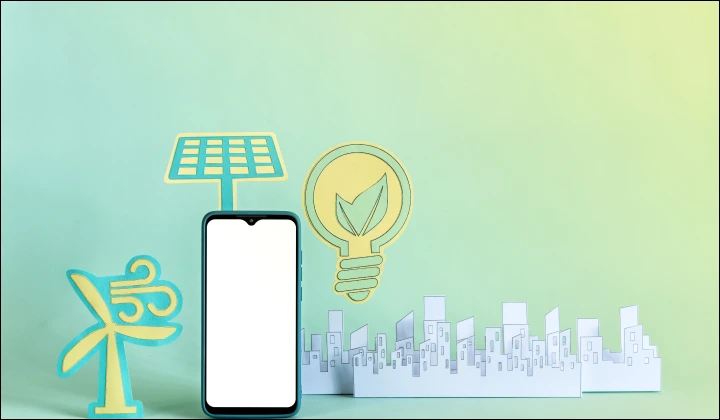Let’s get real for a moment.
Manufacturing has always faced big environmental challenges.
From excessive energy consumption and waste production to the emission of greenhouse gases, the sector’s environmental footprint has often been a cause for concern.
But the same industry now has the tools to become a leader in sustainability.
That’s the game-changing impact of IoT in manufacturing industry.
“The IoT will have a profound impact on our ability to manage and conserve resources, leading to more sustainable manufacturing processes and products.” – Ginni Rometty (Former CEO of IBM)






 15 mins
15 mins











 Talk to Our
Consultants
Talk to Our
Consultants Chat with
Our Experts
Chat with
Our Experts Write us
an Email
Write us
an Email





